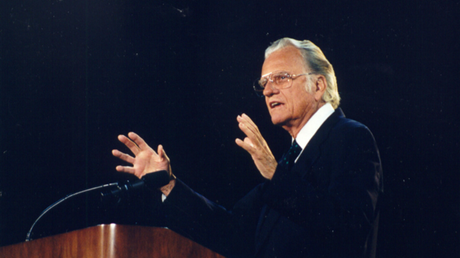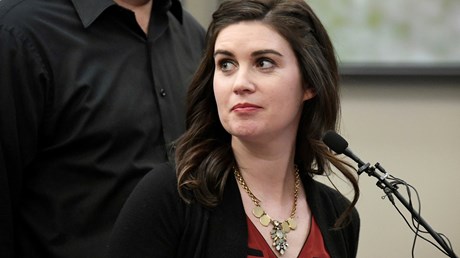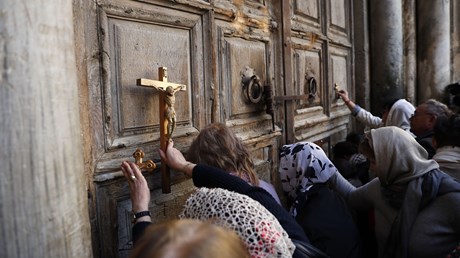We agree on the “divine inspiration, integrity, and authority of the Bible.” But there's much more to our hermeneutic.

Wheaton College hosted a colloquium on the book of Deuteronomy at in 2015, and we recently published those papers as a book. As we put it together, we hit a problem that has come up in other contexts: Do we call the contributors evangelicals?
Continental Europeans (of which we had several) distinguish evangelisch, which means “Protestant,” from evangelical, which connotes hard-right fundamentalist. The latter may correlate with the way the North American media and politicos view “evangelicals,” but few, if any, at the table, are comfortable with that position—including the North Americans.
The contributors reflect a broad spectrum of theological and hermeneutical perspectives within evangelicalism, and all subscribe to the statement on Scripture that unites the fellows of the Institute for Biblical Research: belief in “the unique divine inspiration, integrity, and authority of the Bible.” But this statement is very general, neither declaring this to be a distinctly evangelical stance, nor prescribing or delimiting what sorts of hermeneutical approaches are deemed to fall within the label.
The search for a new label to replace evangelical is difficult. So we contented ourselves with describing our hermeneutic, rather than labeling it. Still, identifying the marks of a distinctly evangelical hermeneutic is precarious business, because few represent the paradigm described completely. However, we must begin somewhere.
First, evangelical biblical scholars treat the object of their study as Scripture, not merely as a literary artifact in a museum that may be dispassionately analyzed. Among other entailments, this means that we stand before the text with reverence and awe, and seek to draw ...
from
http://feeds.christianitytoday.com/~r/christianitytoday/ctmag/~3/cACwMEVuyX8/how-evangelical-biblical-scholars-treat-scripture.html





